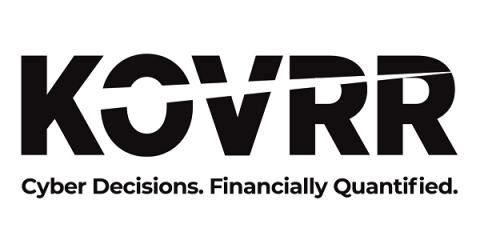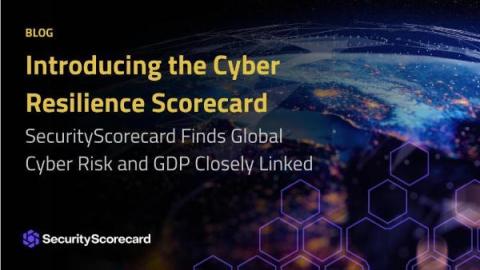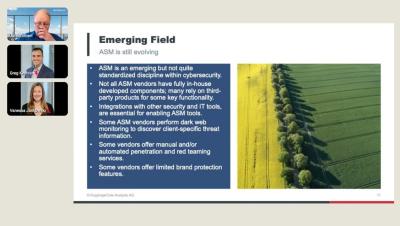Security | Threat Detection | Cyberattacks | DevSecOps | Compliance
Risk Management
7 Cybersecurity Frameworks That Help Reduce Cyber Risk (List & Resources)
While security ratings are a great way to demonstrate that you’re paying attention to the standard cyber health of the organization, you also need to show that you’re adhering to industry and regulatory best practices for IT security and making informed decisions for the long-term. A cybersecurity framework can help.
Cyber Exposure Management Meets the New SEC Reporting Requirements
How To Calculate Cybersecurity ROI and Communicate It to Executives
Introducing the Cyber Resilience Scorecard
This week at the World Economic Forum Annual Meeting, SecurityScorecard published the first Cyber Resilience Scorecard, offering leaders and decision-makers a comprehensive and global view of global cyber risk. SecurityScorecard identified a strong correlation between a country’s cyber risk exposure and GDP, which underscores that a nation’s economic prosperity is deeply intertwined with its ability to navigate the complex landscape of cyber threats.









